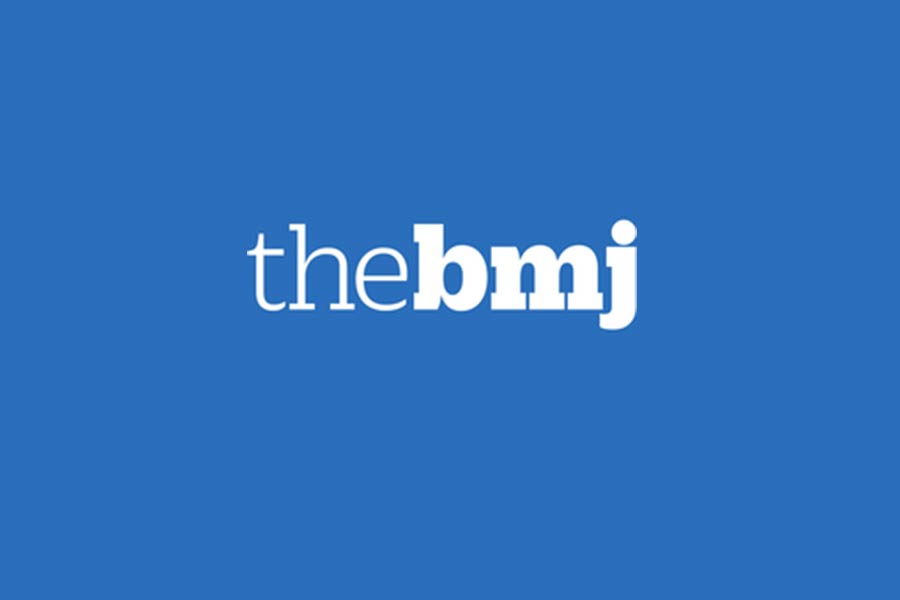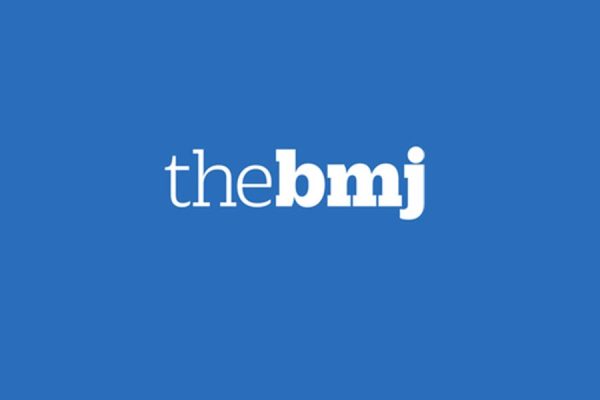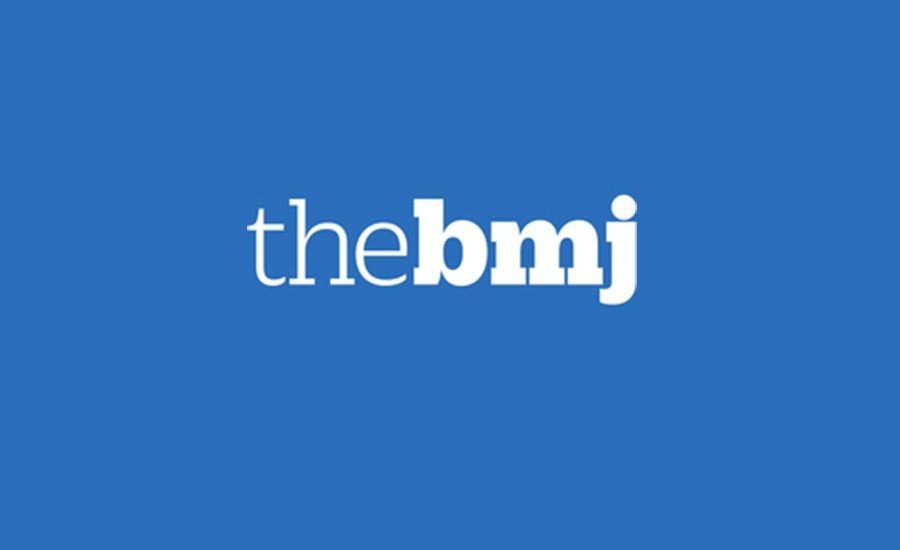
Between Rhetoric and Reality: Learnings From Youth Participation in the Adolescent and Youth Health Policy in South Africa
14 June 2022
They push their products through me- health professionals’ perspectives on and exposure to marketing of commercial milk formula in Cape Town and Johannesburg, South Africa – a qualitative study
13 July 2022
Questioning the ethics of international research on formula milk supplementation in low-income African countries
The increase in funding for priority public health issues largely affecting low/middle-income countries (LMICs) has led to the growth in international research involving researchers or research sponsors from a high-income country conducting research in LMICs.
Several ethical guidelines specifically addressing international research have been published, yet we still find examples of research undertaken by high-income country principal investigators and funders with no benefit and large potential for harm, being undertaken in LMICs.
In this commentary, we provide an example from a trial of formula milk supplementation in Uganda and Guinea-Bissau and outline ways in which this trial violates basic ethical principles and human rights and has zero potential for scale-up within the research settings.

